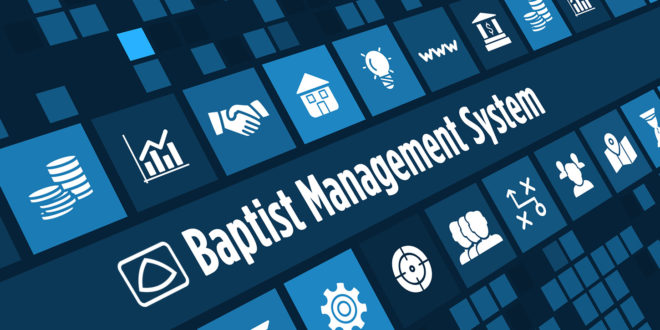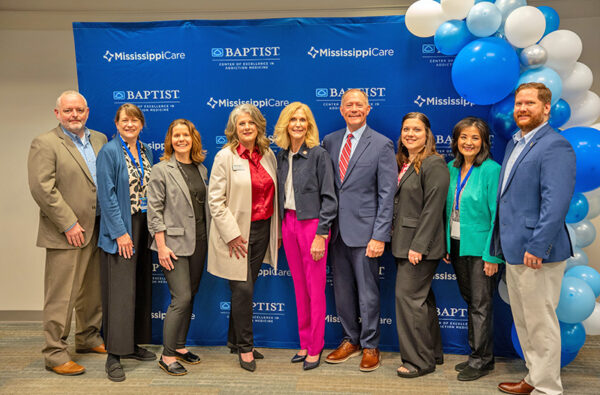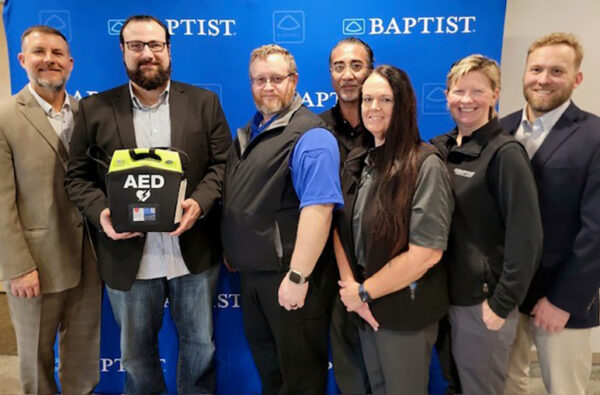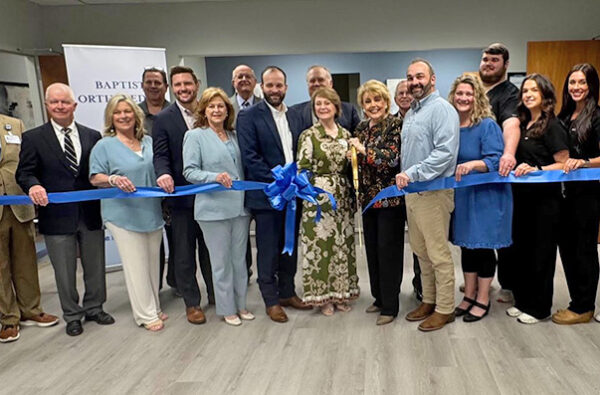You’ve heard of dream teams. You’ve seen television shows with ninja squads going on the most difficult assignments. Here’s your opportunity to hear about a KATA dream team—the very first of its kind.
In this case, it was pneumonia readmissions. During the past two years, Baptist Golden Triangle has received a Medicare penalty for a high pneumonia readmission rate. “We titled our KATA board ‘Get Better Jump Start’ and began this past fall,” said Baptist Golden Triangle Chief Nursing Officer Mary Ellen Sumrall. “First, we spent two months examining our current conditions, revealing what was most important for the patients once they leave the hospital—what we needed to better communicate and monitor—so that they will not have to return.”
For example:
- Diagnosis—Patients need to understand that having pneumonia makes them very high risk for readmission due to an extensive recovery time (up to six weeks).
- Medications—Patients must take prescribed antibiotics.
- Activity—Patients cannot stay in bed, they must get up and down frequently.
- Nutrition—Patients must get adequate nutrition through several small meals, as well as drink enough water.
- Follow-up—Patients must follow their post-discharge instructions for at least six weeks, have a home health visit and follow-up appointment.
From there, the KATA split into two avenues: the regular daily multi-disciplinary meetings (MDMs)attended by the care team, and the job instruction breakdown, or JIB, created for each patient and placed in the patient’s room.
- MDMs: Using detailed checklists, the facilitator leads the case manager and nurse through a discussion about each pneumonia patient. “This helps draw out specific care path information for each day the patient is in the hospital,” says Mary Ellen. “This is especially crucial as Medicare, on average, only reimburses for three to seven days for pneumonia depending on the documented complexity.”
- JIBs. “We developed a JIB for patients that is placed in their rooms,” says Mary Ellen. “This way, the patient can review daily what is important: understanding their diagnosis, medications, activity, nutrition/hydration and follow up. They also see reasons why each is important. It’s basically using training within industry (TWI) on patients, which is the first time we’ve done this. It helps ingrain the information in their heads before their discharge, so they can remember it better and ask questions if needed.” The JIB is also used by dietary, physical therapy, speech therapy and respiratory to help educate patients in a consistent manner.
“Staff engagement is big, and everyone is excited that we are all speaking the same language. The same information we teach word for word is going home with the patient…it’s reinforcement and follow-up on key points and that is what is making the difference.”
Results?
“Because of the nature of pneumonia readmission, our data are four to five months delayed,” said Mary Ellen. “We are now working in the implementation phase of our new pneumonia standard of work (SOW). But we feel that we will have a tremendous impact. Already there is more attention, more accountability, and more consistency. I think significant improvement will be seen both in patient outcomes and in cost improvement.”






